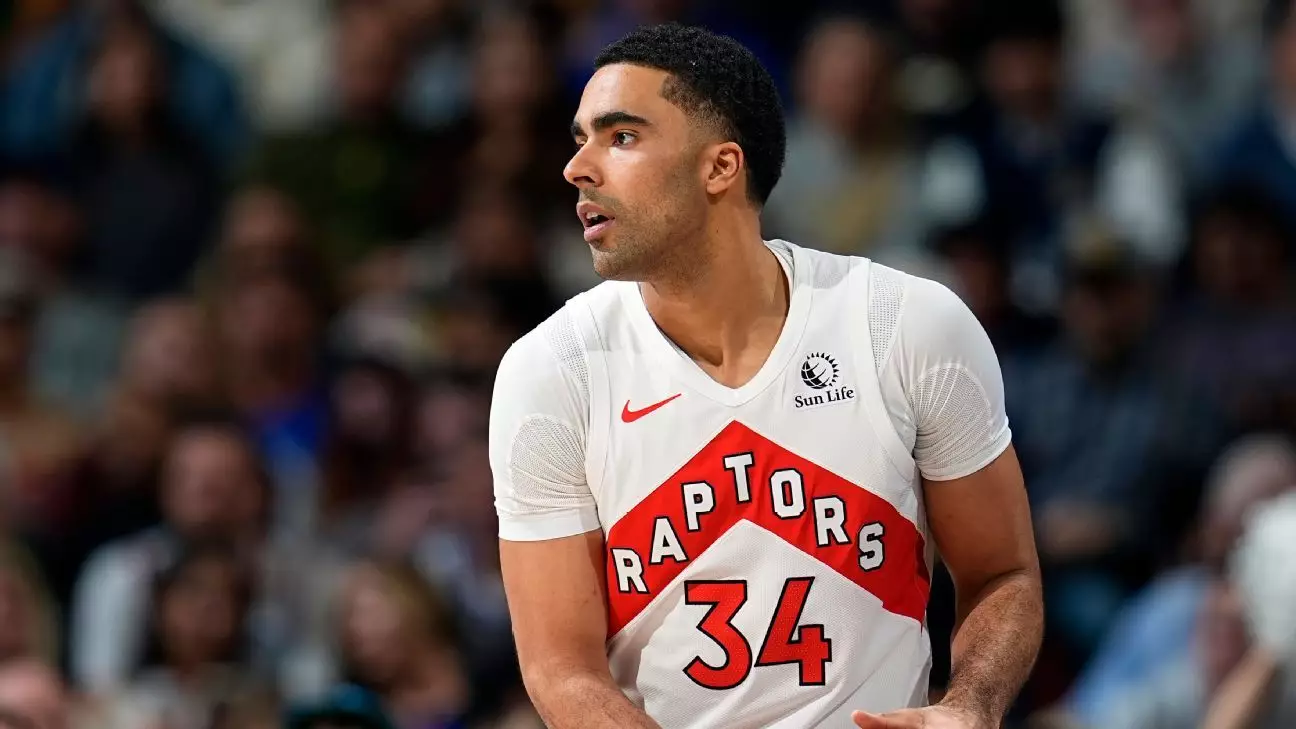As the world of sports and gambling become increasingly intertwined, the need for responsible regulation has never been more critical. The recent federal investigations involving NBA players highlight a disturbing trend: the potential for manipulation and abuse driven by unregulated betting markets. While sports leagues like the NBA maintain that their primary focus is safeguarding the integrity of their games, the underlying reality suggests a deeper, more urgent issue. The ongoing debates underscore a fundamental question: are current measures sufficient, or must we rethink how betting interacts with professional sports altogether?
The NBA’s stance on limiting certain prop bets reveals a cautious attempt to balance commercial interests with integrity concerns. These restrictions aim to minimize the risk of performance manipulation—an outcome that threatens not only the fairness of competitions but also the trust of dedicated fans. At the same time, the league emphasizes supporting legal, regulated betting avenues for fans who enjoy engaging with their favorite sports figures, showing a desire for moderation rather than outright prohibition.
However, critics argue that these measures might be too reactive, addressing symptoms rather than causes. The case of Jontay Porter, who manipulated his performance for betting gains, is often seen as an isolated misstep by an individual rather than a systemic failure. Yet, such incidents should serve as a wake-up call to overhaul the entire gambling ecosystem surrounding sports, ensuring that safeguards are built into the system before further damage occurs.
Balancing Fan Engagement with Player and League Safety
Prop bets have become a popular way for fans to deepen their engagement with games, creating a new dimension of entertainment and financial opportunity. But with this rise, a darker side has emerged—harassment, intimidation, and even threats directed at athletes. The NBA Players Association’s concern about athlete abuse, both online and in person, echoes a broader societal issue: how the proliferation of betting can foster an environment where disgruntled or malicious individuals target players.
This concern underscores the need for regulations not just to prevent manipulation but to protect those at the heart of the sport—its players. It’s not merely about maintaining competitive fairness but also about ensuring athlete safety and mental well-being. If tighter controls on prop bets can create a safer environment for players and reduce harassment, then the debate over regulation becomes a moral imperative, not just a legal or economic question.
Moreover, restricting certain types of bets may inadvertently stifle the innovation and fan engagement that betting markets can foster. Striking a balance between responsible regulation and preserving enjoyable features for fans remains a thorny challenge. Yet, with emerging evidence of abuse and manipulation, the scales might have tilted too far into permissiveness—calling for a reevaluation to prioritize safety over unchecked profit.
Legislative Actions and Broader Implications
State-level initiatives in Ohio and New Jersey show that the issue is gaining political traction, especially concerning micro-bets, which involve wagers on very specific in-game events. These small bets, while seemingly innocuous, can snowball into larger problems—that include not just potential for manipulation but also increased exposure to gambling addiction and related harms. Ohio’s call for outright bans on such bets signals a growing awareness that certain betting practices may threaten the core fabric of fair, transparent sports competitions.
The debate extends beyond individual states; it touches on the fundamental ethics of sports betting itself. Should society accept micro-bets as a benign form of entertainment, or do they represent a slippery slope? The MLB’s current discussions and the NFL’s silence highlight a lack of unified stance among major leagues, illustrating the uncertainty surrounding future policies.
From an ethical standpoint, sports entities must navigate this complex terrain carefully. While gambling can boost revenues and fan engagement, it also risks corrupting the natural competitive spirit and undermining the trust that fans and athletes place in the integrity of the game. Regulating the kind of bets that can be placed, the transparency of betting operators, and the protections for players should be prioritized. Failing to do so could tarnish decades of hard-earned credibility and erode the very essence of fair competition.
—
Overall, the current landscape reflects a critical juncture. There’s an undeniable tension between embracing technological advances and gambling opportunities while safeguarding the core values of sport. The tragedy of manipulation cases, coupled with the rising tide of harassment, signals that the time for half-measures has passed. Robust, innovative regulations are needed—not only to protect the integrity of the game but also to ensure that the human aspect of sports remains sacred amid a rapidly evolving betting environment. This is not just about rules; it’s about preserving the soul of sports for generations to come.


Leave a Reply